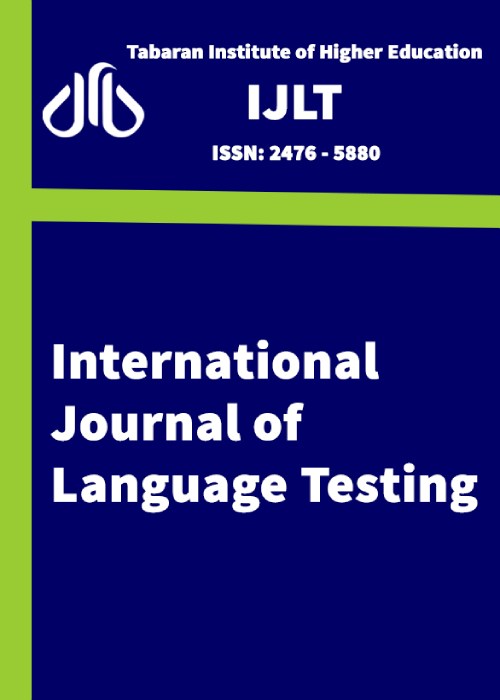Parviz Birjandi*, Masoomeh Estaji, Tayebeh Deyhim
Page 60
Dynamic Assessment, with its roots in Vygotsky’s theory of mind, takes the integration of assessment and instruction much further by enabling the teachers to promote learners’ abilities by continually adjusting their mediation to the learners’ changing needs (Poehner, 2008). This study was aimed at exploring the feasibility of development and implementation of dynamic assessment procedure in the areas of EFL reading comprehension and metacognitive awareness of reading strategy. In particular, the effectiveness of dynamic assessment compared with static assessment of readingabilities of Iranian EFL learners was investigated. In order to respond to the research questions of the study, a quasi-experimental research was conducted. The procedure included a pre-test, mediated learning phase, and a post-test. It was applied with 47 intermediate participants. They were allfemale, mostly aged 15-17, Iranians, L1 speakers of Persian, and high school students learning English in an EFL context. The instruments employed in this study included a PET proficiency test, metacognitive awareness of reading questionnaire, and a reading comprehension test. A statistically significant effect was found for the performance of the participants in the experimental group who had received mediation. The findings also revealed that the students’ gain scores in the experimental group were significantly higher than the students’ gain scores in the control group who underwent the static tests. The findings suggest that DA is an effective means of understanding the learners’ abilities and helping them to overcome reading comprehension problems. The approach is especially relevant to classrooms as a method for rendering formative assessment practices more systematically. It is therefore argued that DA should be taken seriously by Applied Linguistic researchers interested in language assessment, teaching, and reading.
Keywords:
Dynamic assessment, static assessment, zone of proximal development, metacognitive awareness of reading strategy, reading comprehension ability


